Category: Blog
-
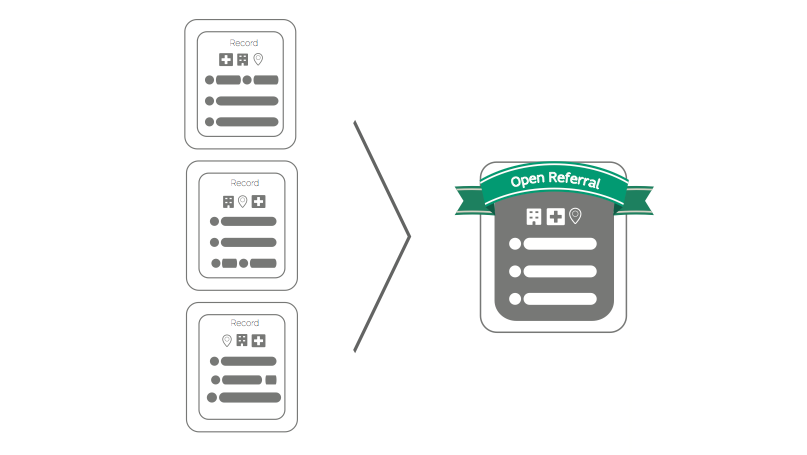
Upgrading the Human Service Data Specifications: 2022 development cycle underway
As Open Referral’s network grows – involving more stakeholders in the development of interoperable resource directory information supply chains – our tools and practices must evolve in kind to support more complex needs. So we are excited to share that Open Referral has initiated a new development cycle to upgrade the Human Service Data Specifications.…
-

Progress Report 2021-22: Highlights from our Network
I’m excited to share Open Referral’s Progress Report for 2021-2022. You can download the report as a PDF here, and view the document online here. (All of our reports are accessible here.) Unlike our usual Year in Review, this report really describes activity across a period of 18 months overall. This is 6 months later…
-

Tackling Data Dilemmas in Social Care Coordination: A Whitepaper on Community Information Exchange
Last year – with sponsorship from Robert Wood Johnson Foundations’ DASH program, and in partnership with the Regional Data Alliance at University of Missouri St Louis – I co-authored a whitepaper that aggregated research and recommendations from across the emerging field of “social care coordination.” This paper provides a strategic framework in which to understand…
-
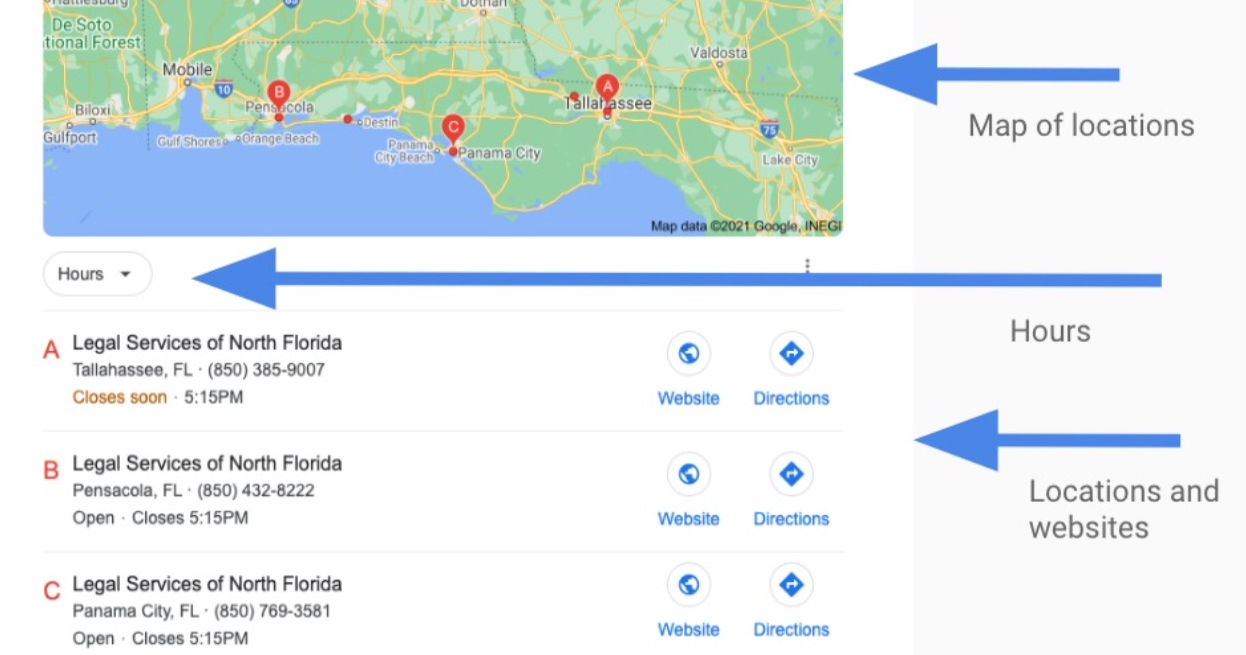
Improving access to legal aid by improving search results with schema.org
Despite the vast amounts of information on the Web, finding reliable information about legal services through internet searches is harder than many expect. Basic searches — for needs like assistance with evictions, help with public benefits, or protection from domestic violence — often turn bewildering as results on Google, among other search engines, typically seem…
-
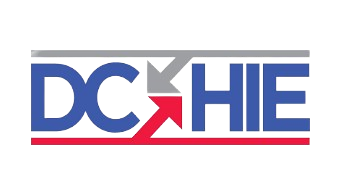
Evolving the DC Community Resource Information Exchange’s Inventory Capabilities
In the District of Columbia, we’re developing a new approach to the very old problem of resource directory information management. Years ago we shared the story of the first phase of our work here on this blog, and we’re now excited to share results from our second phase. The DC Community Resource Information Exchange initiative…
-
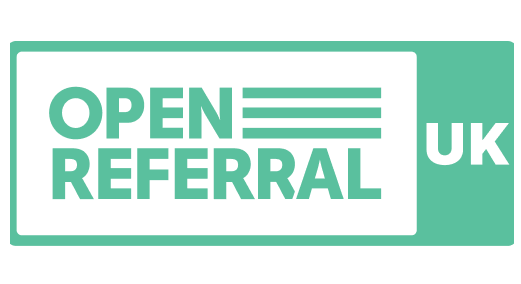
UK Government endorses Open Referral UK
Welcome back to our blog Mike Thacker of Porism Limited. Porism is a technical partner of the Local Government Association (LGA), a membership organisation of English local authorities which owns the Improvement and Development Agency for local government (IDeA). Porism also works with iStandUK, a local government standards body that promotes efficiency, transformation, and transparency of local…
-
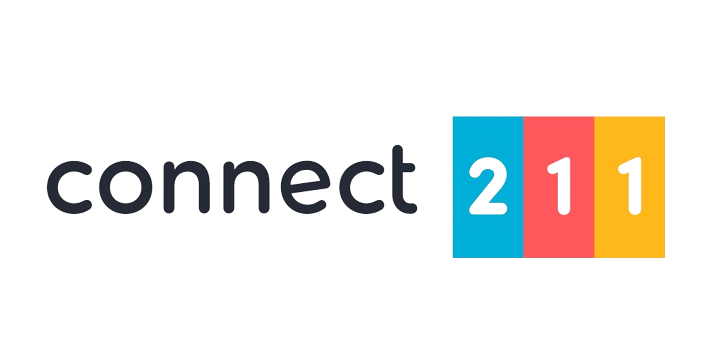
Resource Directory Search Engine To Go – with Connect 211
This post brought to you by Skyler Young of Connect 211. Welcome, Skyler! This is the story of how a 211 call center teamed up with a local software team to create a modern search engine for community resources, and … Continue reading →
-
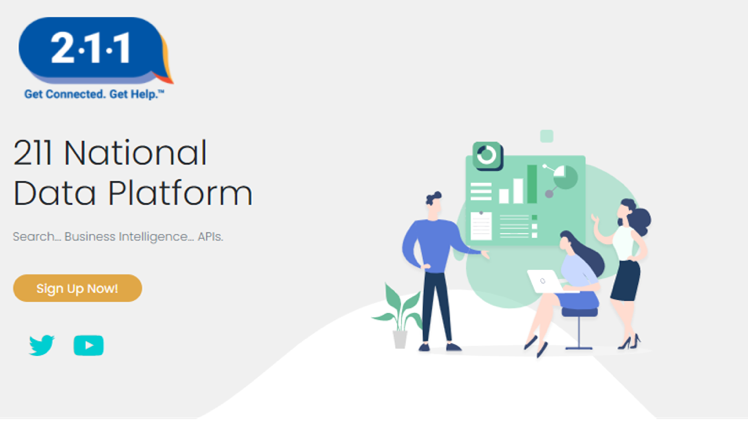
United Way Worldwide’s National 211 Data Platform: Bringing People and Services together
Every day thousands of people across North America turn to 211 for information and support—whether financial, domestic, health or disaster-related. 211 is a free, confidential referral and information helpline and website that connects people of all ages and from all … Continue reading →
-
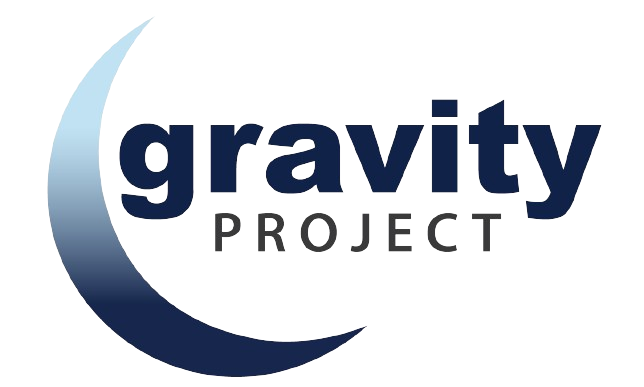
Supporting the Gravity Project to expand interoperability among health, human, and social services
Often people ask how we enable care providers to actually refer their clients to another service. The answer is, well, Open Referral doesn’t actually deal with the process of “making a referral” at all! We’re working to ensure that there’s open access to information about the services to which someone might be referred. But the…